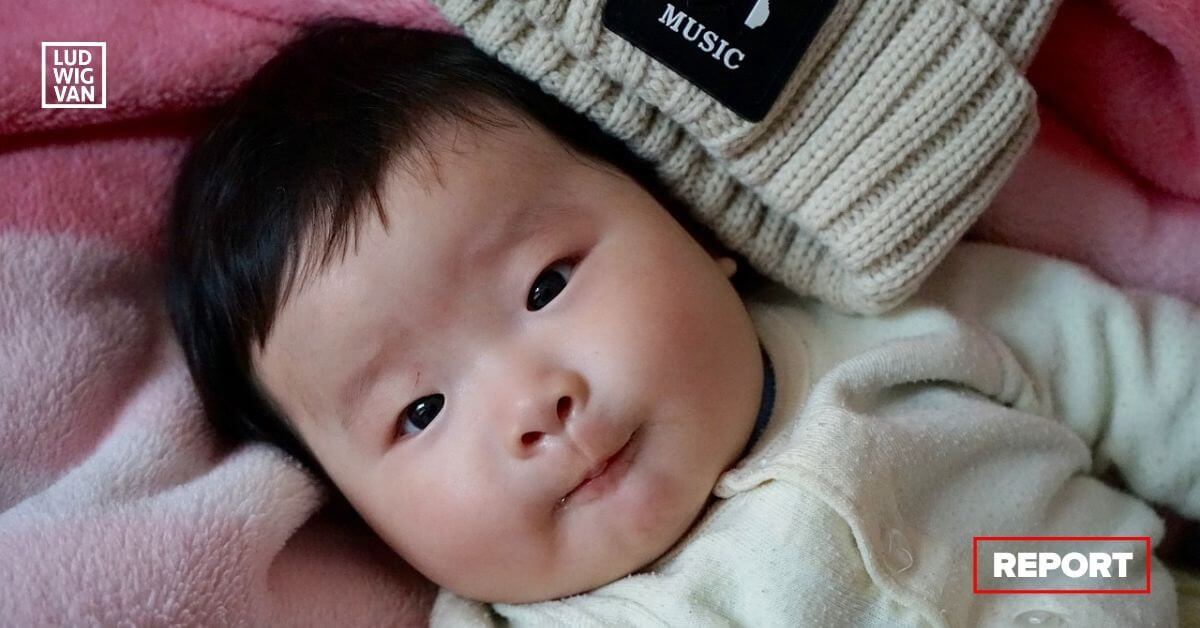
Music is intrinsic to human life, but when does that appreciation for it actually begin? The musicality of newborn babies and even fetuses is a relatively recent, but rapidly growing, area of research.
A 2009 study, for instance, found that newborns react to beats — i.e. they anticipate the downbeat of rhythmic patterns, which tends to support the theory that our ability to perceive rhythms is inborn and not learned.
Studies show that fetal movements and heart rate react to music starting at about 25 weeks gestation. Exposure to music also affects fetal and neonatal brain development and neuroplasticity, or the brain’s ability to react and change in response to various stimuli.
A paper recently published in the journal Psychological Studies looked at whether or not newborn babies can detect the emotions inherent in a piece of music. Researchers from the University of Dundee in Scotland used a frame-by-frame analysis of the movements and heart rates of healthy babies to different types of music.
The babies were from newborn to three days old. They were exposed to music that had been rated as either happy or sad in nature by a separate and independent panel using a large sampling of baby-friendly songs and lullabyes. The babies’ reactions to the music was compared to their movements when there was no music.
Their results were quite interesting.
- Happy music made the babies less aroused, and reduced behaviours such as thumb sucking;
- Happy music seemed to help the transition from drowsy to sleeping;
- Happy music led their heart rates to slow down;
- Sad music made the babies move less often.
The paper notes that the results point towards the theory that young children listen to music first, then move to it, and not the other way around.
The researchers write, “Our findings suggest that the emotional response to music possibly emerges very early ontogenetically as part of a generic, possibly inborn, human musicality.”
It seems we are born with a deep connection to music.
#LUDWIGVAN
Get the daily arts news straight to your inbox.